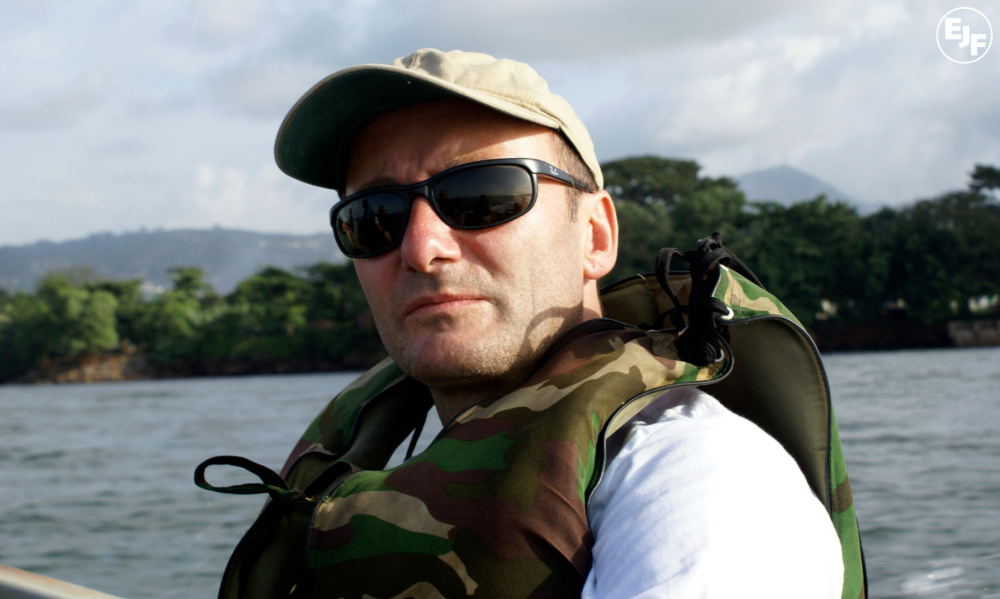
A step forward by the Human Rights Council
With the media gaze firmly fixed on the resolutions passed on Sri Lanka, Syria and Israel, you would be forgiven for missing another significant outcome of the Human Right Council’s 19th session.
On 20th March 2012, the HRC adopted a resolution by consensus appointing a new independent expert on human rights obligations related to the enjoyment of a safe, clean, healthy and sustainable environment. The person appointed to this new role will join more than 40 other special rapporteurs to the HRC, mandated to raise the profile of specific human rights concerns as diverse as housing, foreign debt and violence against women. The appointed expert is tasked with the vital job of raising awareness about the relationship between environmental security, human rights and development.
Over the next three years, he or she will consult with governments, UN agencies, civil society and the private sector to study human rights obligations, including non-discrimination obligations, relating to the enjoyment of a safe and secure environment. They will identify and raise awareness of best practices where human rights considerations have played an active role in environmental policymaking. They will also make recommendations that can help countries as they work towards the 2015 targets set by the Millennium Development Goals (MDGs), and in particular of Goal 7 on environmental sustainability.
As someone that has spent more than a decade working to protect the environment and defend human rights, I am delighted that the Human Rights Council has taken this important step forward. Too often the fundamental link between the environment and human rights is overlooked, and this role will help bring international debates on human rights closer to the reality on the ground. The additional focus brought to this issue will also ensure our leaders do not lose sight of the human price that is paid by a failure to protect the environment, and that they are reminded of the pressing need for a rights-based approach at Rio+20 and beyond.
Climate change is already making life harder for people in the world’s poorest and most vulnerable countries. These people are first and worst affected, even though they are least responsible for climate change through their greenhouse gas emissions. As time passes, and nothing constructive is done to tackle climate change, many more people will be locked in poverty, while strains on national and international governance structures will be amplified and progress on development will be obstructed. A large proportion of the world’s population lives in conditions where they are denied their most basic human rights, and projections of climate change would see this exacerbated as food and water security decline, homes and assets and damaged or destroyed, and lives are put in jeopardy.
For this reason, EJF sees the appointment of a new special rapporteur on human rights and climate change as a crucial next step. A rights-based approach is the best way we can ensure an appropriate response to climate change, protecting those people made most vulnerable and ensuring the burden of climate change is shared fairly.
SIGN UP FOR OUR EMAILS AND STAY UP TO DATE WITH EJF